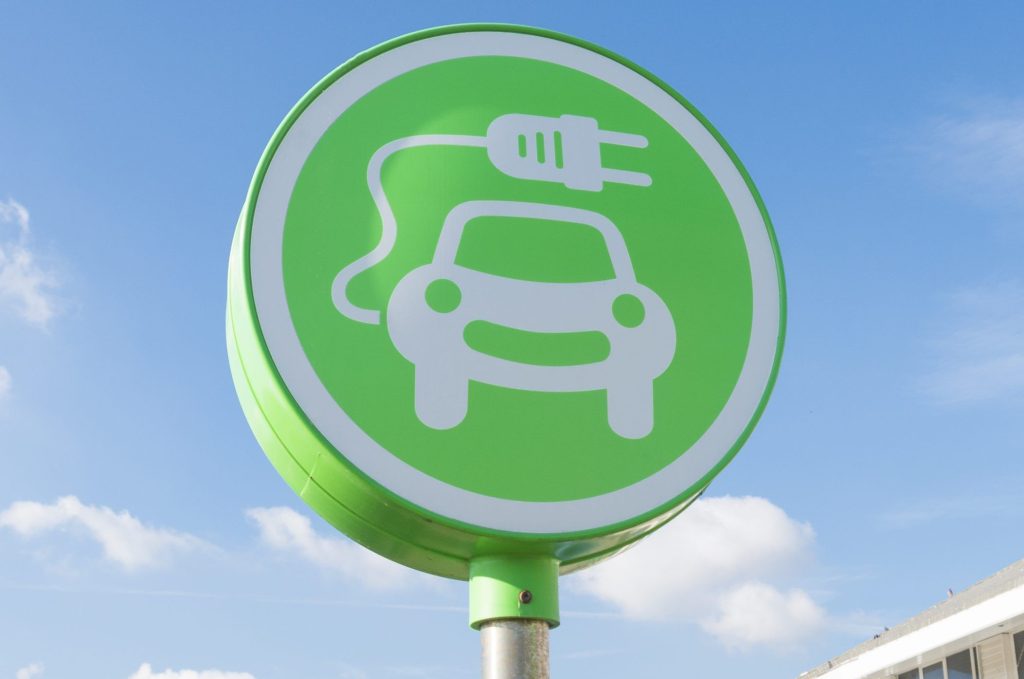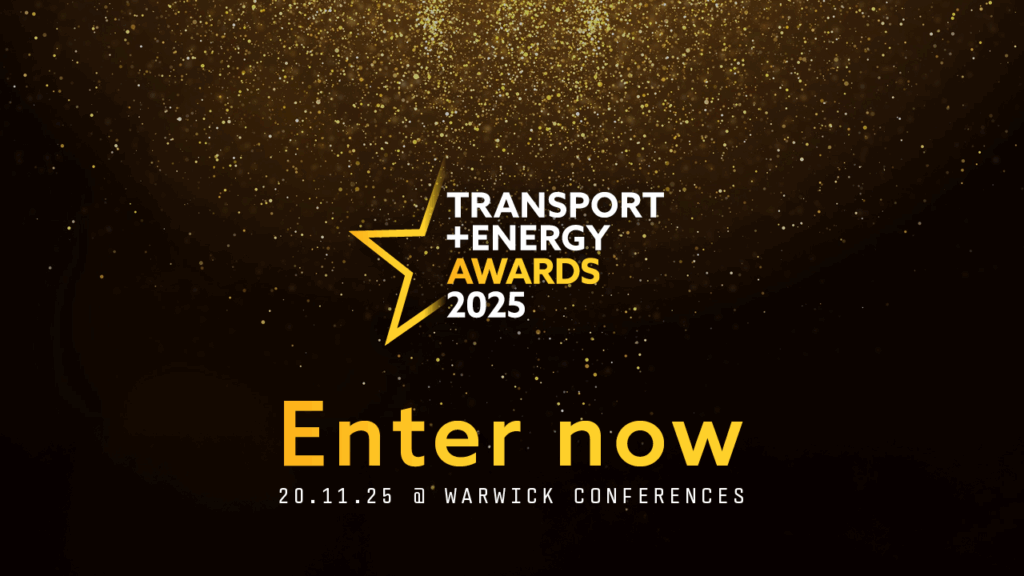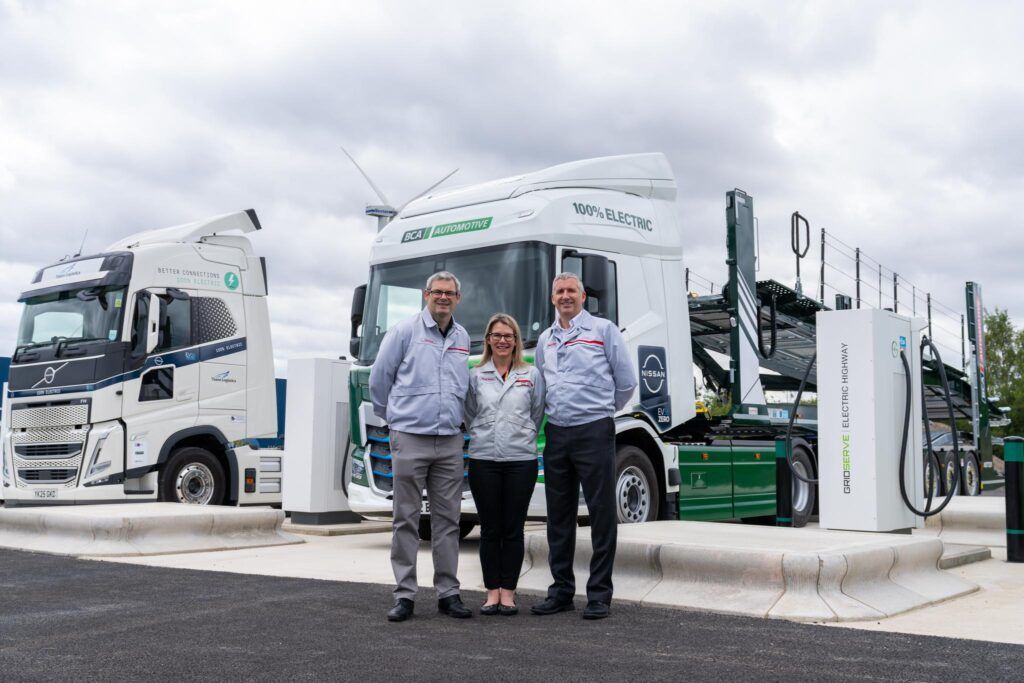Transport for the North (TfN) has launched its regional Electric Vehicle Charging Infrastructure (EVCI) Framework – which highlights the need for up to 161,000 EV charge points across the North by 2030.
TfN says that charging infrastructure disparity that’s left unresolved, could undermine the successful take-up and use of EVs.
The group’s data driven approach takes advantage of TfN’s powerful analytical engine to capture road user, socio-economic, land-use and housing data in one place for the first time, to provide a comprehensive and consistent view of Electric Vehicle (EV) charging needs across our region.
There are currently around 8,000 public charge points across the North, 5% of the 161,000 charging connections needed across the region by 2030 to support drivers switching to electric vehicles. TfN’s analysis indicates that up to 470 charge point installations are required per week between now and 2025, with this rising to up to 620 installations per week between 2025 and 2030.
This whole system approach advocated by TfN can help accelerate delivery across our region at this key time, identifying opportunities for scaling up EV charging investment across the North.
Working with transport and energy partners through its regional EV Steering Group, TfN has developed the EVCI Framework to support local, regional and national partners in the strategic planning and deployment of EV charging infrastructure. In this way the Framework will help inform and enhance delivery through partnership with the private sector.
Martin Tugwell, Chief Executive of Transport for the North, said: “Our evidence is clear that we must act now if we’re to roll out the EV charging infrastructure needed to support our decarbonisation, economic, and inclusivity ambitions. Our aim is to offer a fully integrated assessment, one that accounts for the large proportion of trips which are ‘cross-boundary’ as well as looking at how our roads and charging networks can cater for the full range of journeys being made to, from and within our region.
“Electric vehicle uptake is rapidly increasing, with no new petrol and diesel cars and vans sold in the UK by 2030. Over the next decade we will need to see a rapid transition to EVs and Zero-Emission Vehicles (ZEVs), and this requires significant investment in the charging infrastructure if we are to decarbonise transport.
“It is important that the delivery of charging infrastructure is user-centred, placed-based and outcome-focused. In this way we can ensure access to EVs is equitable, accessible and inclusive. Our approach provides the means to make better assessments about where to put the new charging points, without forgetting the needs of non-EV users.”
Simon McGlone, Senior Major Roads Planning and Strategy Officer at Transport for the North, added: “Our EVCI framework provides a route map towards an efficient, attractive and inclusive EV charging network. It also identifies the significant requirements placed on the electricity grid and energy networks arising from the electrification of road vehicles.
“The evidence provides local specific details while delivering a whole network view which is important when you consider the user movements across our region and further afield. Our partnership has recognised the value of understanding this cross-boundary travel across the North, to support their EVCI actions to meet demand in their local areas. This means putting the right infrastructure in the right place, at the right time – taking value-for-money, resilient and integrated decisions based on user needs. Our evidence is openly available via our interactive tool to support collaborations and partnerships which deliver the density and coverage of charge points required to support our decarbonisation ambitions.”
TfN’s EVCI framework has been developed to support local authority and national government partners in the planning and deployment of EV charging infrastructure, to underpin any public sector funding, as well as to inform and enhance any delivery through partnership with the private sector. TfN would like to thank Element Energy (an ERM Group company) and WSP for providing their expertise and support in development of this framework.
A number of local authorities have signed up to attend next month’s Transport + Energy Forum – with the event set to provide advice and support around actions they can take to reduce carbon emissions.
Representatives from councils including Kent, Oxfordshire, Coventry, Black Country Transport, Transport for Wales, Blackpool and Sandwell have all signed up to attend the event which takes place on 17th November at the Birmingham Conference & Events Centre.
Those attending will hear practical guidance on how to rollout EV charging infrastructure, the role of transport technology in decarbonising for the future, along with a look at sustainable models to ensure everyone can benefit from good value, reliable public charging networks for years into the future.
Local authorities are being provided with fully funded places at the event, including meals and accommodation.
Local authorities interested in registering for the event and taking advantage of one of the fully funded places available can do so here: https://transportandenergy.com/te-forum-event-public-sector-registration/

Main image courtesy of Shutterstock.















